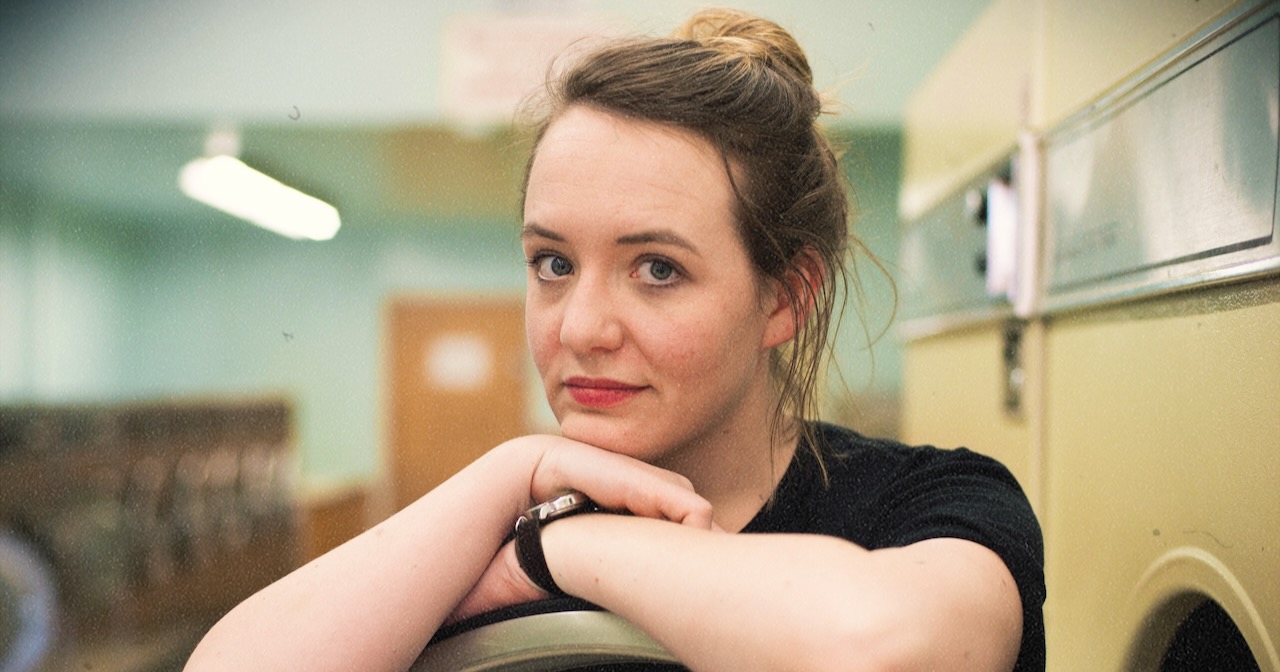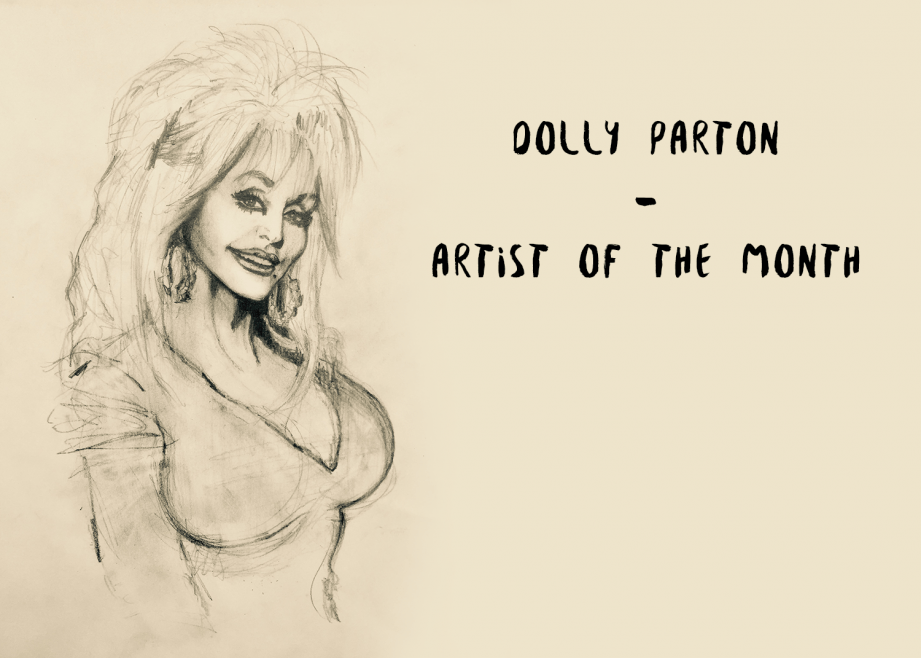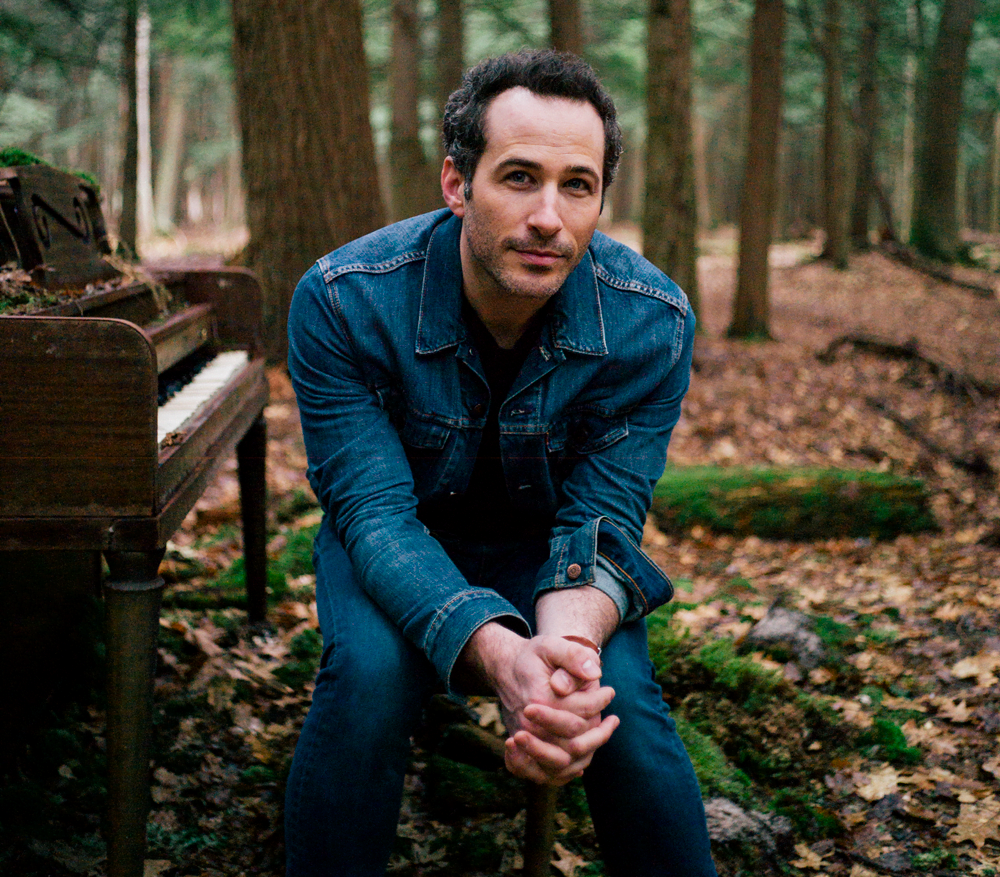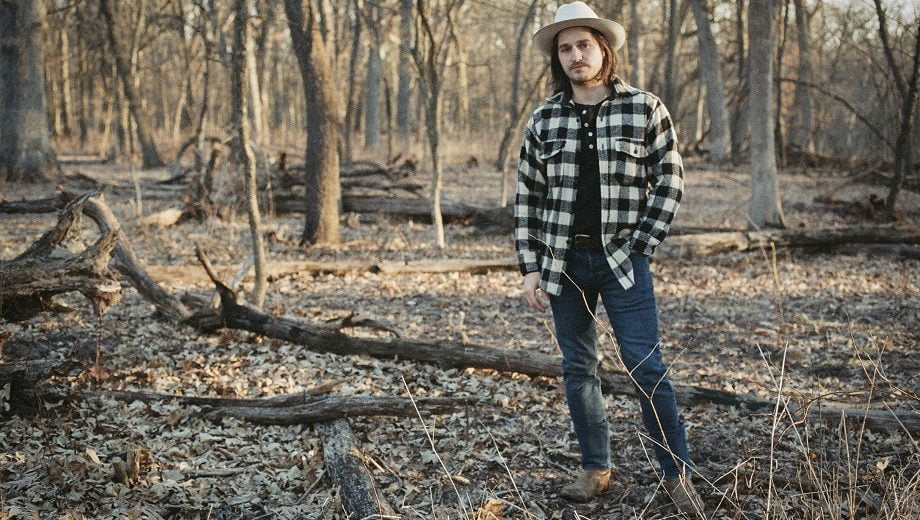Artist: Malachi Graham
Hometown: Portland, Oregon
Latest Album: Caretaker
What’s your favorite memory from being on stage?
The Portland release show for my new album Caretaker in January was both surreal and sublime, in the best way. It was a month and two days after I had emergency brain surgery, necessitated by a rare blood infection called Lemierre Syndrome. I had only just regained use of my left side in rehab, I wasn’t allowed to lift more than 10 pounds or bend over and there was a historic ice storm in Portland just starting to thaw. Honestly, it was a little absurd to play the show and keep the date, but it didn’t feel reckless, because I had a community to catch me. Bandmates who insisted on lifting my gear, physical therapists who taught me how to play guitar again, a loving partner to change the bandages on my head, incredible parents who housed me and my band through the ice storm so we could all practice together, and so many supportive faces in the audience.
Caretaker is about trying to hold it all together, on behalf of other people, whether they ask you to or not. It’s about how that gets messy, about when that’s generous, and when that’s self-serving. My health crisis turned the meaning of the record on its head for me and taught me to receive care myself, to fall apart and trust I’ll be held. I tumbled into the web of care we weave for each other, that catches us when we least expect to need it. My friends, my family, my partner, and my bandmates were all there for me in every way that night. It was hard to make it through the songs without weeping with gratitude for being alive. I’ll never forget it.
What other art forms – literature, film, dance, painting, etc. – inform your music?
I read once that the four qualities of excellent songwriting are texture, detail, wit, and truth. My very favorite songwriters are masters of all four — artists like Aimee Mann, Loretta Lynn, Eef Barzelay, Anna Tivel, and Jolie Holland.
Another art form that’s a study in the same principals? Miniature making! Lately I’ve been enthralled by dollhouse building and the creation of tiny worlds. Miniature artists pay attention to the smallest details that make something feel realistic and truthful, even if a scene is an imaginary place. The very act of building something tiny in meticulous detail is inherently whimsical and a bit absurd. It requires sharpness and ingenuity, and a scale of thinking that’s totally different than the day-to-day.
All of that feels akin to songwriting for me. I got to dabble in miniature making myself in the new music video for my song “We Made a Home,” which I built and filmed in a little yellow dollhouse at 1:12 scale. My favorite part was hand-building the tiny lifelike details of a cohabitating relationship in decline, from mini Rainier Beer cans, to mini self-help books, to mini dirty dishes. I also made a tiny Ear Trumpet Labs microphone case. (When I’m not making music, I’m the business manager at Portland microphone workshop, Ear Trumpet Labs.)
N.B., miniature making takes a lot longer than songwriting.
How often do you hide behind a character in a song or use “you” when it’s actually “me?”
This has been an evolution for me. My early forays into songwriting felt more driven by an observational, sometimes academic curiosity, influenced by poetry, history, and family stories about my matriarchal ancestors. My first EP, Selfish, includes songs inspired by the 1934 Hays Code, Marconi’s theories of radio transmission, and my grandmother cleaning out the eaves of her house. I wrote and learned a lot from other people’s perspectives before I’d experienced much life myself. I still enjoy writing from other people’s perspectives as a practice in empathy and curiosity, but I find that my most emotionally resonant songs have more to do with my own experiences. It takes a different kind of bravery and vulnerability to write in the first person, and that has felt scary to do sometimes. On songs like “Montreal” and “Before Pictures,” even if the exact thing that’s happened to the narrator hasn’t happened to me, there’s a deeper truth or feeling I’ve experienced that I can get at best through a fictionalized story.
What has been the best advice you’ve received in your career so far?
Don’t be afraid to get weirder! My friend Jamie Stillway, a masterful guitarist and fearless sonic explorer, told me this about six years ago and it really stuck with me. I was feeling a bit trapped in particular instrumental and songwriting styles, because I assumed it was what people wanted to hear from me. I used to keep my musical selves neatly divided; I play and write in a synth pop band called Small Million and as a solo songwriter under my own name, and when I was younger I was more afraid to blend those worlds or explore the space between them. My musical start was all in folk and Americana music. The tradition and depth of songwriting in those genres is still a huge inspiration to me, but I’ve tried to give myself permission to be more faithful to a song and a feeling than to any genre in particular in my arrangements. The track “As Is” was written as a straight-ahead country song, but we recorded it played on an electric guitar looped backwards, played by two people at the same time with a screwdriver as a slide. A team of magical friends and collaborators helped me rip my songs apart and put them back together again to make them so much better, stranger, wilder than I ever could have imagined.
Which elements of nature do you spend the most time with and how do those impact your work?
Truth be told, I’m a bit of an indoor kid, so I guess… the air. But really, sincerely, I do spend a lot of time thinking about the air around me and inside of me, and how I interact with it through my breath. In singing, in practicing mindfulness, in both movement and stillness, breath is the element that calls me home into my own body. That helps me to remember that the body itself is an element of nature, and our breath is the place where the wild elements of the air and the self meet.
I often find myself exploring themes of both the body and the breath in my lyrics, as a window to intuition and self-trust, on songs like “Wonderful Life” on Caretaker, or “Be Wrong” and “Lightswitch” on my last Small Million record, Passenger. This really came full circle in my recent health crisis when I found myself on heavy oxygen in the ICU, and breath became something even more precious and sacred to me. My lung capacity as a singer really ended up saving my life— I’m still unpacking my gratitude and awe of that.
Photo Credit: Kale Chesney



